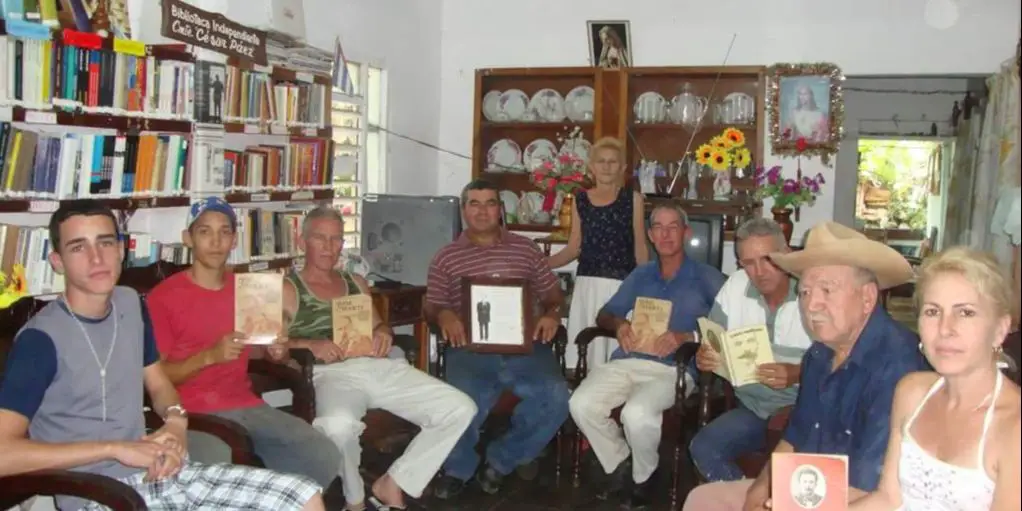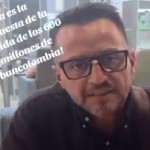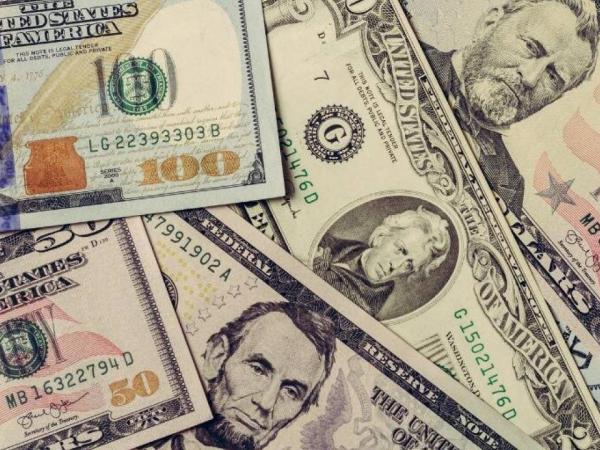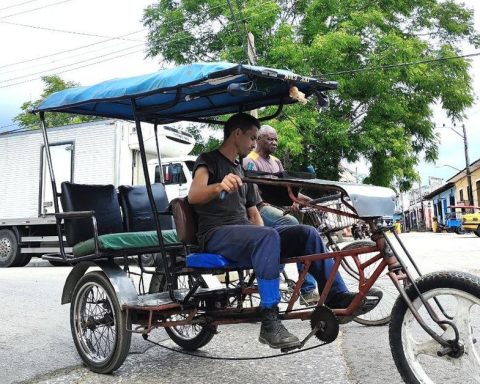Havana Cuba. – In January 1869, an important manifesto of the Central Republican Board of Cuba and Puerto Rico began to circulate clandestinely, signed by its president, José Morales Lemus. The action, branded as insolent by the Spanish authorities, caused the then superior governor of the Island of Cuba, General Domingo Dulce, to order the confiscation of the assets of Morales Lemus and any other Creole linked to the independence movement, or who was suspected of it. In addition to the measure, their civil and political rights would also be violated.
The expropriations included the bibliographic heritage of the persecuted. Numerous libraries were looted, starting with that of the scholar Antonio Bachiller y Morales, very famous in his time and which he was never able to recover. It was followed by other equally valuable ones that ended up publicly auctioned because the Spanish authorities had no way to relocate them, and the fundamentalists refused to accept those books in public establishments dedicated to culture.
A good part of the seized works was destined for the National Library of Madrid, but the Administrative Council of Seized Assets determined that they should all be transferred to the premises where the Bachiller y Morales library was already located, until on March 9, 1870 it was decided deposit the immense bibliographical fund in the Academy of Sciences, preserving for Cubans an invaluable historical and cultural heritage.
Like the Spanish crown, other autocratic regimes have attacked independent libraries in Cuba, from Gerardo Machado and Fulgencio Batista until Fidel Castro. However, the dictatorship imposed by the latter has gone much further in terms of muzzling knowledge and censoring any work, of any artistic manifestation, that allows even the most cursory criticism of the prevailing system since 1959.
The list of books and authors prohibited for Cubans is very long, as are the reports of raids by the Cuban police State Security to confiscate what they consider “counterrevolutionary material”, which are nothing more than works committed to progress, freedom and democracy.
When in 1998, during the Book Fair, Fidel Castro affirmed that in Cuba there were no prohibited books, but that “there is a lack of money to buy them”, a group of activists took advantage of the opportunity to create a project of independent libraries, whose first space materialized. on March 3 of that same year, in the province of Las Tunas, baptized in honor of Father Félix Varela. Later it was replaced by the Red de Bibliotecas Cívicas Comunitarias, which for a time offered the public a different reading alternative to the one promoted by the Cuban government.
In May 2004, the portal cubadebate public an article which defined the Independent Libraries as a destabilizing plan financed by the United States. Judging by the text, the network was dismantled and its managers subjected to searches, interrogations and blackmail; the same method that until today the political police use against journalists and activists who oppose the dictatorship.
The post Independent Libraries: The Nightmare of Every Tyrannical Regime appeared first on CubaNet.

















